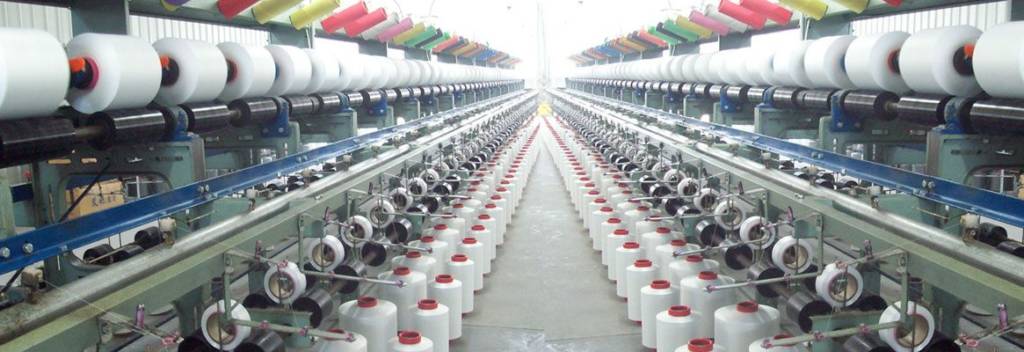In a major shot in there arm for the textile industry, the government has abolished the anti-dumping duty that was levied on imports of a chemical called Purified Terephthalic Acid (PTA).
During her Budget speech, Finance Minister Nirmala Sitharaman said the government was abolishing in “public interest” an anti-dumping duty that was levied on imports of a chemical called PTA. Domestic manufacturers of polyester have called the move a huge relief for the industry, claiming they had been fighting to remove the duty for four-and-a-half years.
PTA is crucial to the making of polyester fabrics and makes up for around 70-80% of a polyester product and hence, is crucial to the manufacturing of fabrics. Sitharaman said, “That particular product (PTA) is a raw material for many of the industries. There has been persistent demand that they should be allowed to source that particular product at an affordable rate, even if it means importing it.” She said easy availability of this “critical input” at competitive prices was desirable to unlock “immense” potential in the textile sector, seen as a “significant” employment generator.
The abolition of anti-dumping duty means that the importers will on an average save around $27-$160 for every 1,000 kg of PTA and importing the chemical from international markets will make it cheaper by approximately $30. The removal of anti-dumping duty will reduce product cost making product more competitive in the global market. “This announcement would be a boost for PTA users and the entire man-made fibre textiles and clothing segment,” said the Southern India Mills’ Association Chairman Ashwin Chandran.
The Confederation of Indian Textile Industry (CITI) has issued advertisements in leading newspapers thanking Prime Minister Narendra Modi and Textiles Minister Smriti Irani for abolishing anti-dumping duty on purified terephthalic acid (PTA). The advertisement has thanked PM Modi and Textiles Minister Irani for the “bold and proactive historical measure” of abolishing anti-dumping duty on PTA to create level playing field.
The Budget also allocated a sum of Rs 1,480 crore towards the National Technical Textile Mission which is significant considering the fact that India has been importing technical textiles to the tune of $16 billion a year. India’s presence is still insignificant in global trade of manmade fibre based textile products. Amongst the top 10 traded MMF based categories, India’s share is very low (&l;10%), except for Blouses, dresses and Sportswear. However, countries like China and Vietnam have comparatively larger share. India needs to invest and develop capabilities in MMF textile and apparel products to penetrate the market. The abolition of the anti-dumping duty is perhaps the first of the many steps in the pipeline which will boost India’s textile industry.
The domestic textiles and apparel industry contributes 2.3% to India’s GDP and accounts for 13% of industrial production, and 12% of the country’s export earnings. The textiles and apparel industry in India is the second-largest employer in the country providing employment to 45 million people. It is believed that the current number will increase to 55 million by 2020. Intueri estimates that textiles will account for $82 billion in exports by as early as 2021.
The textile industry in India has the capacity to knock out competitors in the region if the right cords are struck by the government. Removing this duty shall considerably help in the sector’s growth, given the global demand for polyester goods.
